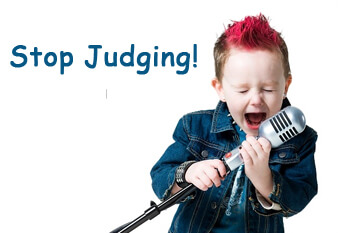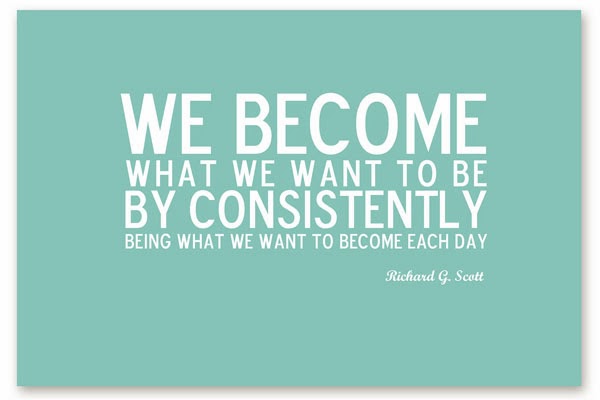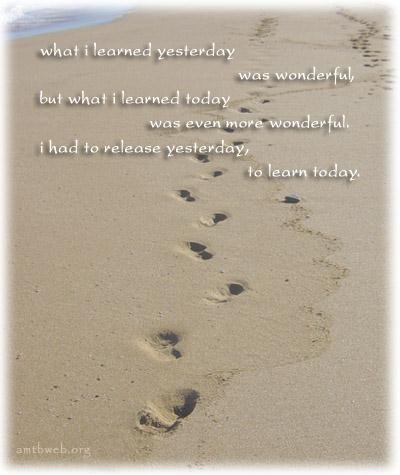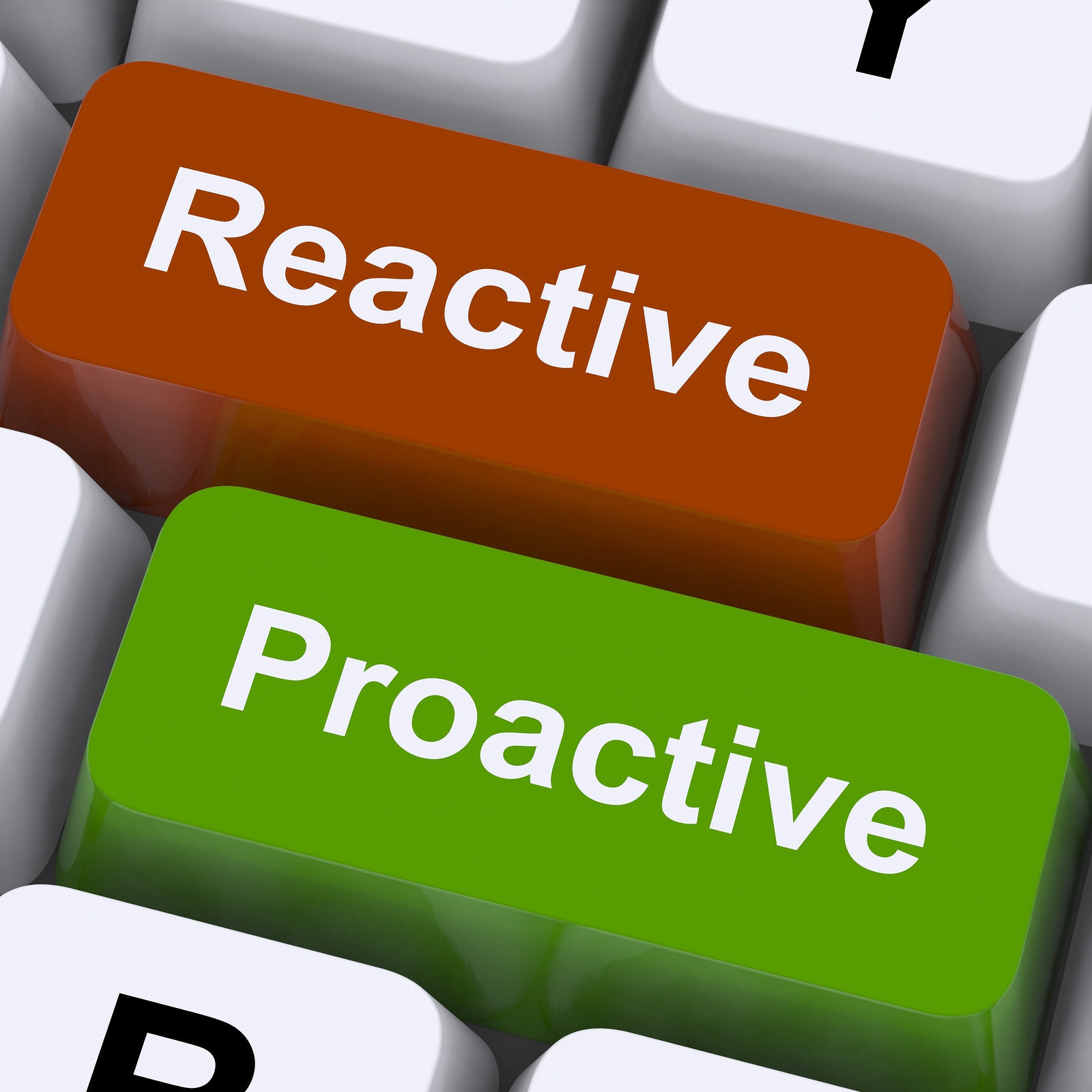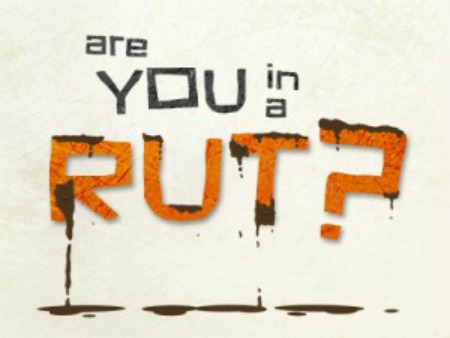Knower/Judger, Learner/Researcher 101
From Volume 10, Issue 8:For the past 10 years or so, I’ve referred readers to a web page to get a brief description of the Knower/Judger (K/J) and Learner/Researcher (L/R) personas.
I thought I’d drop back a bit and give you my take on these “states of mind” that define the boundary between doing what we’ve always done (adhering to our DISC or Myers-Briggs or Kolbe profiles) and making a choice to do something else.

